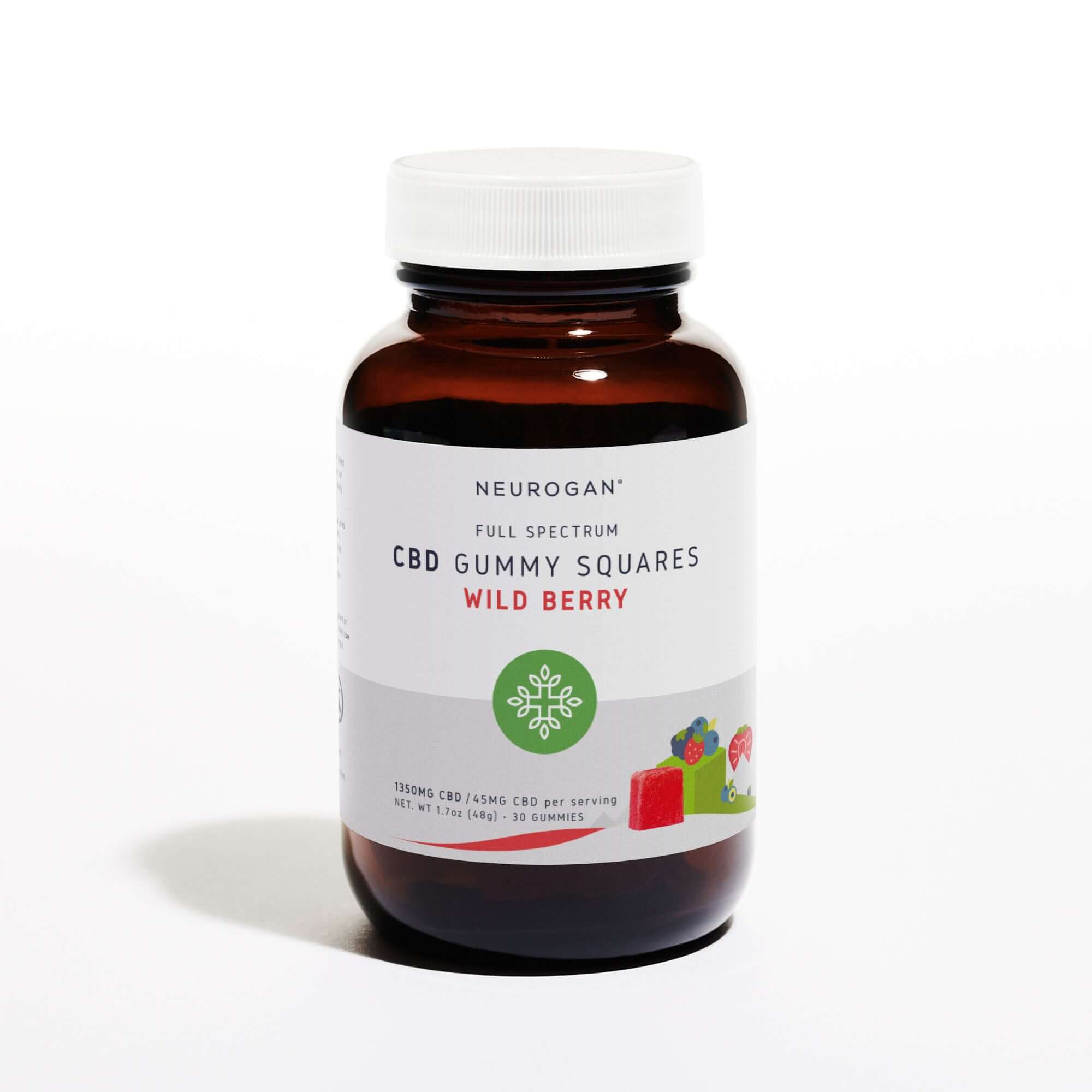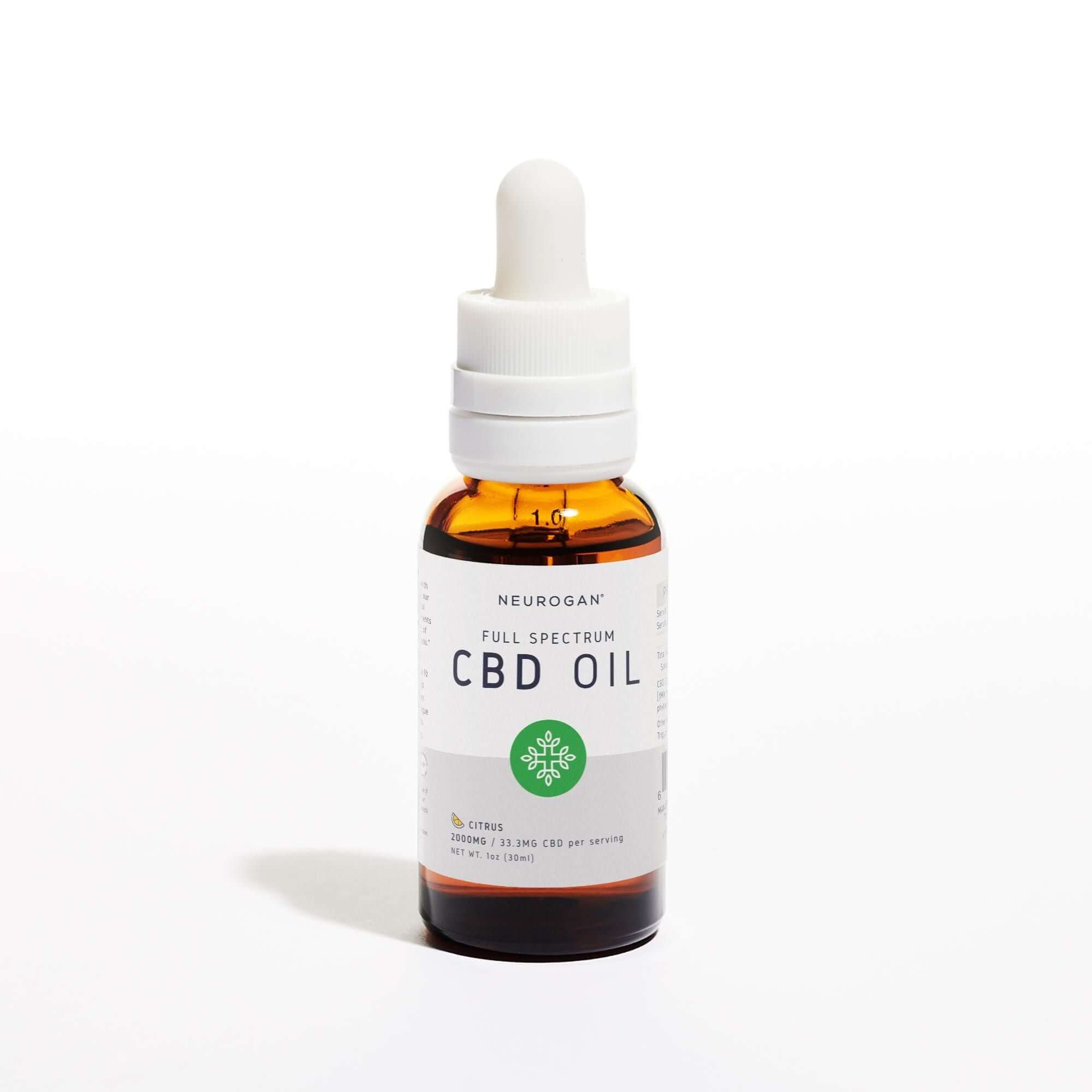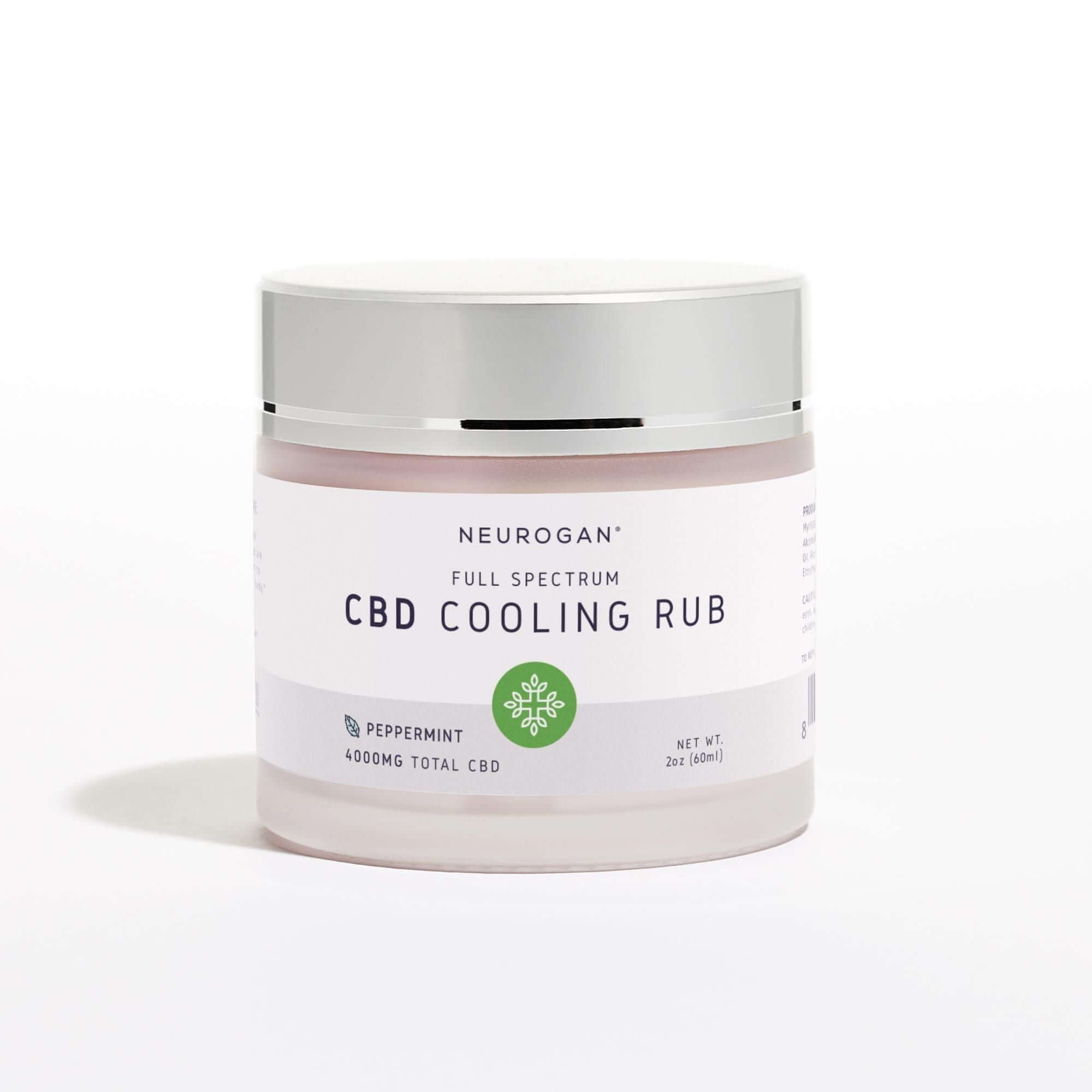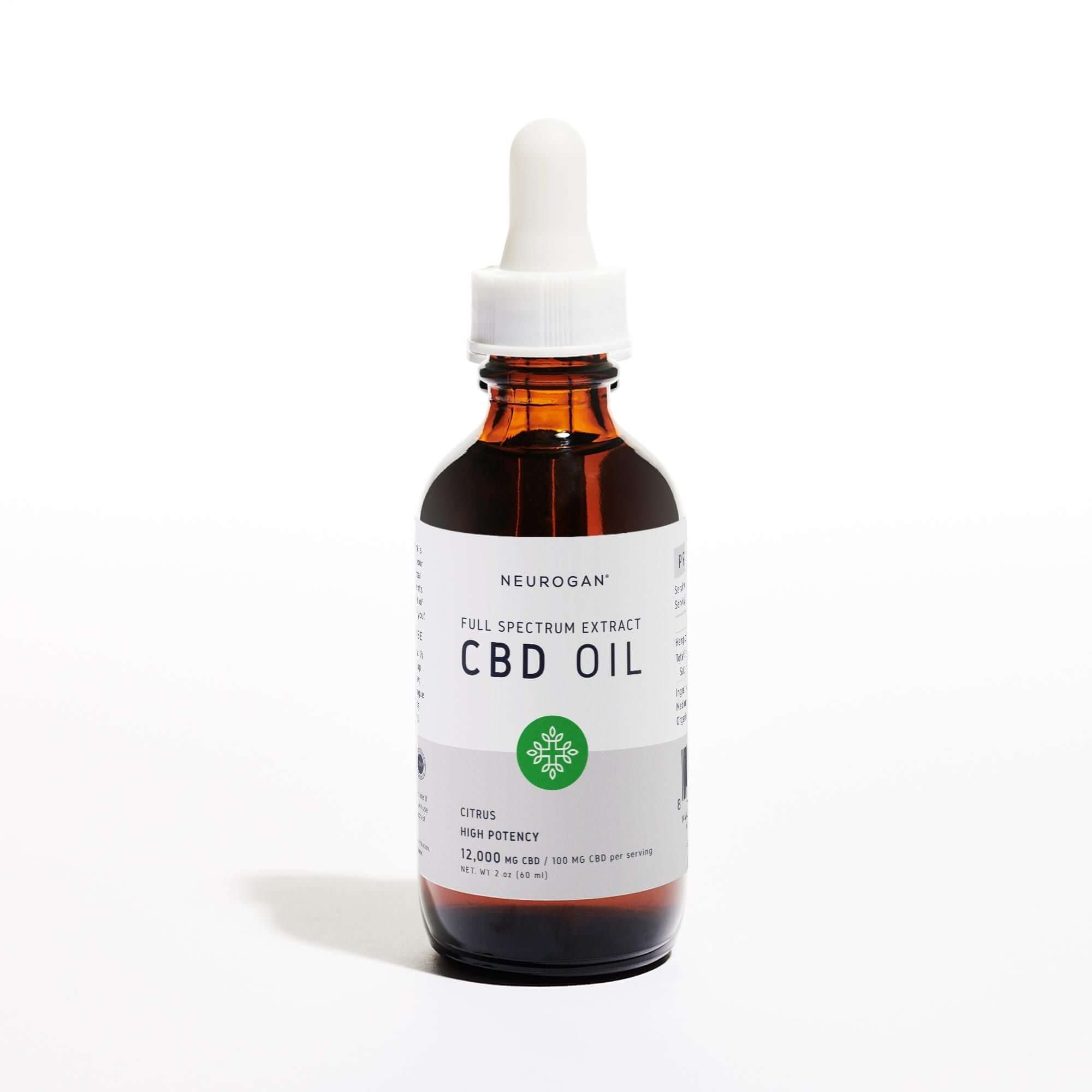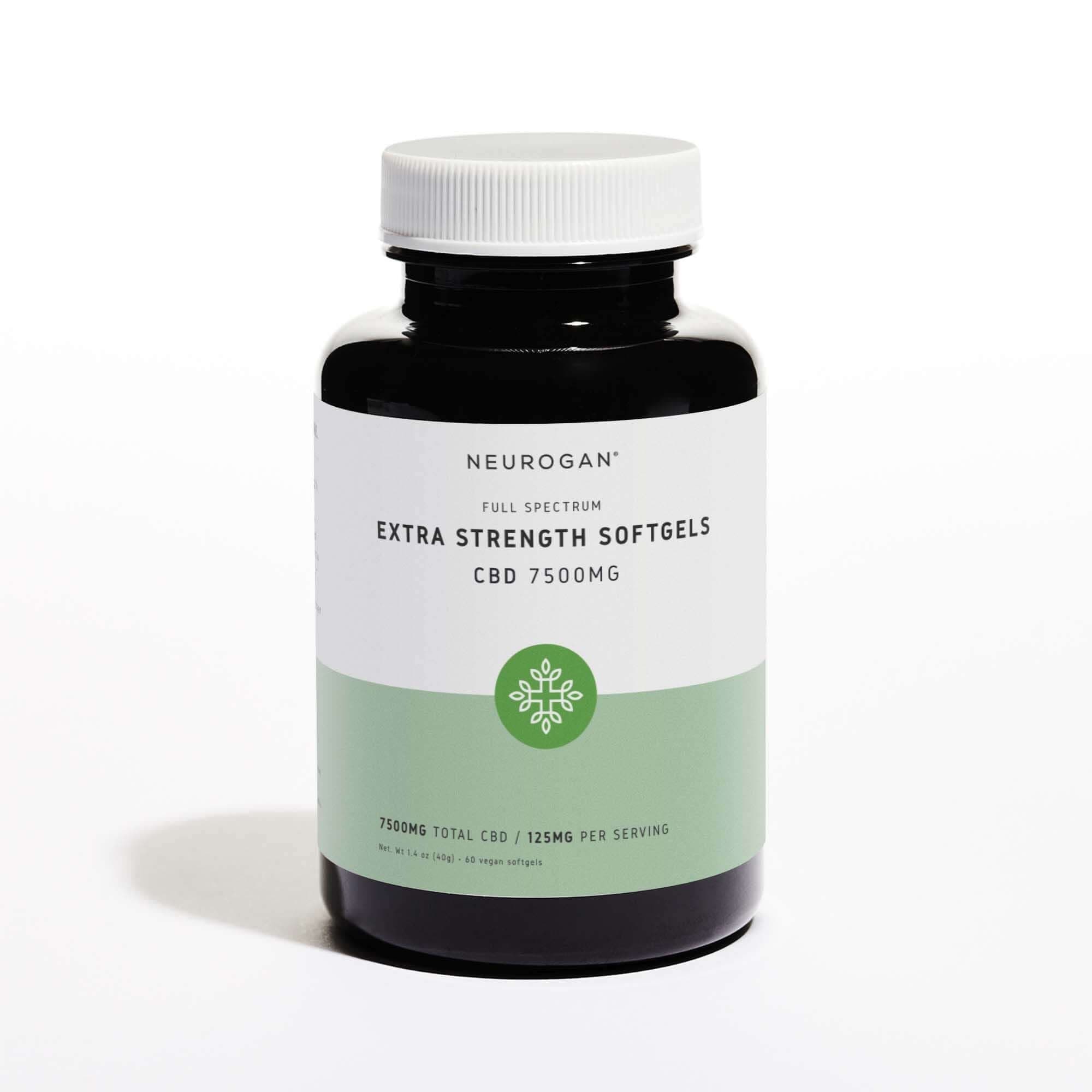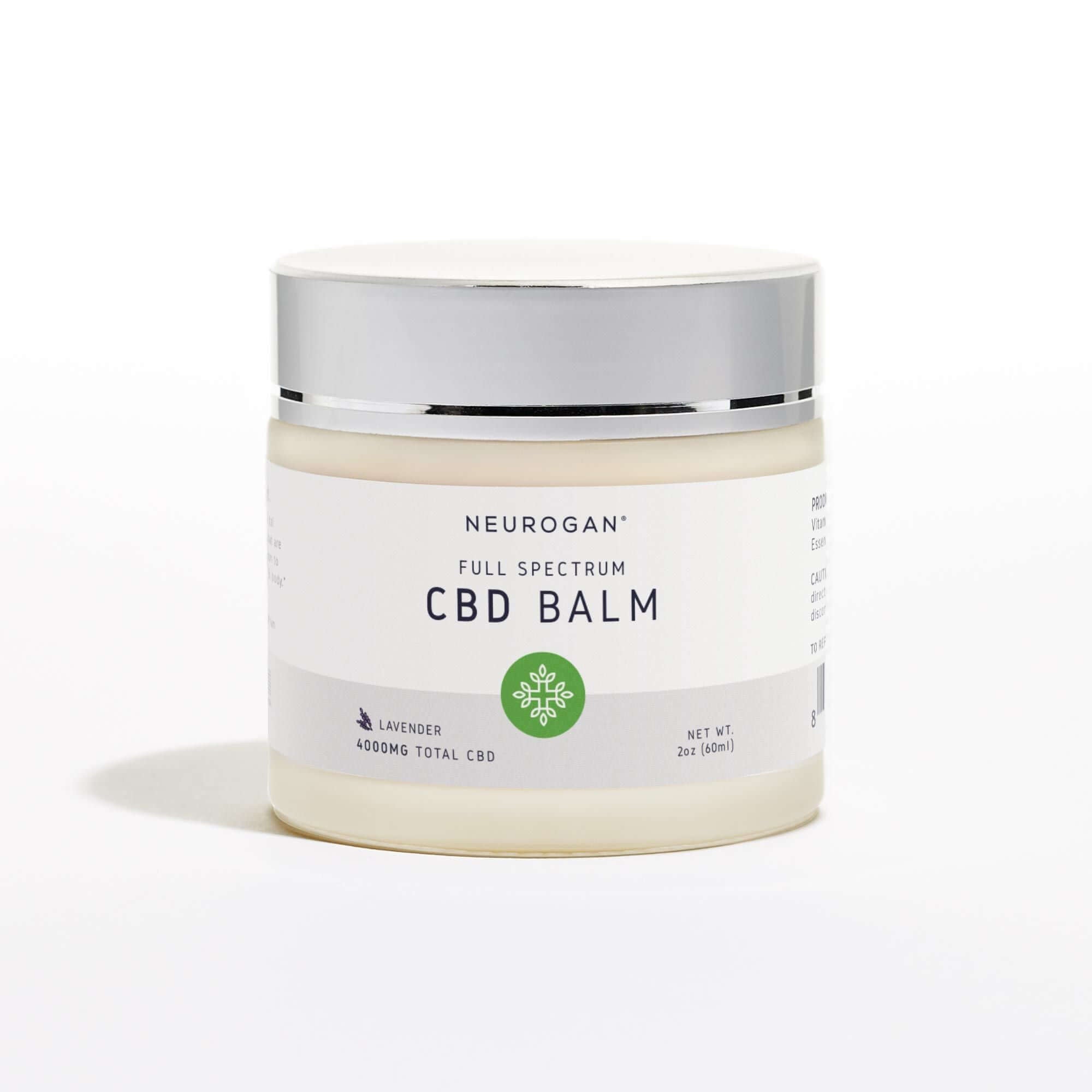When most people think of marijuana, they think of THC. If we want to get technical, it’s delta-9 THC. This is the main psychoactive cannabinoid found in both marijuana and hemp plants (but in trace amounts).
But there is another type of THC, delta-8, which is sometimes seen as preferable by new users or those looking for gentler effects.
The cannabis plant is a complex plant that produces over 400 active compounds that affect the body in different ways. Delta-8, delta-9, and cannabidiol (CBD) are three of those compounds.
You may have encountered delta-8 products sold online by CBD companies as “legal weed.” Delta-8 and delta-9 have very similar effects on the body, but with some key differences.
So what's the difference between these two? And why might you want to choose one over the other? And are there any legal ways to purchase THC products?
Let's take a closer look.
Key Takeaways:
- The cannabis plant (hemp and marijuana) produces THC. The difference is that hemp cannot produce more than 0.3% delta-9 THC.
- The Farm Bill legalized the production and sale of hemp products as long as they contain less than 0.3% THC.
- Delta-8 is an isomer of delta-9 THC. The position of a double bond is the main difference, which is enough to alter its effect profile.
- Delta-8 THC is a psychoactive compound (unlike CBD), but it's half as potent as delta-9.
- Delta-9 THC remains a controlled substance on a federal level, but some states have legalized it for recreational use, while delta-8 THC lives in a legal grey area.
- Delta-8 THC does occur naturally in the cannabis Sativa plant but in very low quantities. Many manufacturers use a chemical process to transform legal CBD into delta-8 THC.
- Delta-8 THC derived from hemp and CBD is not considered illegal on a federal level, but state laws can ban the substance.
- Always check your local state laws and the third-party lab tests before purchasing any cannabis product in stores or online.
Delta 8 vs. Delta 9 Chemical Difference
Delta-8 and delta-9 are nearly identical compounds—they have the same number of specific atoms. However, the arrangement of these atoms is different, making them isomers of the same molecule.
Delta-9 has a double carbon bond on the ninth chain, while delta-8 has a double bond on the eighth chain. It’s such a minor difference that sometimes third-party lab tests can’t distinguish. However, it’s to produce considerable differences in effects.
For example, many people prefer delta-8 THC over delta-9 for daytime or social settings as it’s a much milder and calmer high.
A common side effect of delta-9 THC is hyperactivity, anxiousness, and paranoia, and delta-8 seems to have less of a likelihood of inducing these effects while still delivering an enjoyable high that makes food taste better, music sound richer, and even the most mundane chores more enjoyable.
How Are Delta-8 And Delta-9 Produced?
Cannabinoids like delta-8, delta-9, CBD, and CBN, are naturally produced in the trichome resin glands found on cannabis flowers. Inside these resin glands, you can find terpenes (aromatic compounds), esters, and fatty acids that all contribute to the overall effect profile of a given hemp or marijuana plant strain.
Scientists believe that the plants produce these compounds as a form of protection against their environment from the harsh sun and wind exposure and to keep insects and other pests from consuming the plant.
Marijuana plants naturally have higher levels of delta-9 THC. Up to 20% in genetically engineered strains like Blue Dream, Sour Deisel, and OG Kush.
To use the delta-9 THC in marijuana plants for its psychoactive effects, you must first burn the compound to decarboxylate the raw delta-9 tetrahydrocannabinolic acid (THCa) into its more biologically active form as delta-9 THC.
For concentrated extracts (wax, shatter, isolate), manufacturers will extract the resin using sophisticated extraction methods (CO2 extraction or ethanol extraction) to separate the active compounds from the large plant matter. This extract can then be used to make even more products like sublingual oils/tinctures, capsules, gummies, chocolate, and even lotions.
It’s also possible to extract delta-8 THC from hemp plants, but it takes much more work as it requires fine-tuning the extraction methods to isolate delta-8.
Another issue is that delta-8 THC doesn’t exist in hemp strains in significant quantities, so chemists transform CBD into delta-8 THC using specialized acids.
People looking for a “legal” way to get high will purchase delta-8 distillate or THC oil derived from hemp as it’s technically in the clear for legal manufacturing and consumption according to the 2018 Farm Bill (more on this later).
The Use Difference between Delta-8 THC vs. Delta 9 THC

THC and CBD have very similar properties that researchers think could help the medicinal community.
Some of the potential therapeutic values of THC include:
- Anti-inflammatory
- Anti-tumor
- Pain support
- Normalize intraocular eye pressure
- Increase appetite
- Improve one’s mood
- Stomach pains and bloating thanks to antiemetic effects [1]
The problem is that the psychoactive nature of THC makes it undesirable for many users, and it’s still considered a Schedule I drug.
Some states have legalized delta-9 THC oil and products for medicinal programs and recreational use to reflect the scientific literature that deems it as a safe compound with therapeutic potential.
Most of the research on the benefits of cannabis compounds is conducted on delta-9 THC and CBD. But with more interest in THC isomers, researchers are finding delta-8 THC to be very valuable as well.
For one, it doesn’t seem to produce as strong of a high. In fact, when we compare the capacity for intoxication of delta-8 vs delta 9 THC, delta-8 is about half as potent.
Many people who have used delta-8 describe it as a much calmer and gentler high, while still contributing to some of the benefits of THC for relaxation, support comfort, and a normal inflammatory response.
Compared to delta-9 THC, the research investigating delta-8 and other THC isomers are quite limited, so there’s still a lot we don’t know about delta-8 to confirm the benefits of its risks.
Is Delta 8 & Delta 9 Legal?
The legal status surrounding delta-8 THC is confusing, but we’ll try to clear up some murky waters right here.
In 2018, the United States introduced the Farm Bill, which listed hemp crops (cannabis plants with less than 0.3% delta- 9THC) and its derivatives (cannabinoids and terpenes) as legal for production and sale.
Delta-8 THC and other isomers of delta-9 aren’t mentioned anywhere on the bill, and it’s not specifically listed as a restricted compound. Many people interpret this as a green light for delta-8 THC. However, Delta-9 THC is illegal in most parts of the world with a few exceptions like Canada or decriminalized like Jamaica and the Netherlands.
In 2020, the United States Federal Register published this statement regarding cannabis’ legal status:
“Synthetically-derived tetrahydrocannabinols, the concentration of delta 9-THC is not a determining factor in whether the material is a controlled substance. All synthetically derived tetrahydrocannabinols remain Schedule I controlled substances.”
However, this statement only made things less clear in the delta-8 THC space.
In the United States, marijuana (weed) and delta-9 THC is a Schedule I drug. However, some states have passed local marijuana laws that permit the use and sale of THC products for recreational purposes or have government-regulated medical cannabis programs.
Hemp-derived THC products like Neurogan THC capsules, containing less than 0.3% THC, offer a legal alternative under the Farm Bill. These capsules provide a discreet and precise way to experience THC's benefits, aligning with legal standards and available in states with regulated cannabis programs. Take note that it's crucial to verify local laws to ensure full legality in your area, as state regulations may vary.
Delta-8 vs Delta-9 Dosage
Whatever the cannabinoid you choose, you should always start by using the lowest possible dose and slowly increasing this dose over the course of a week until you reach the desired level of effects. To figure out how much to take, make sure you figure the the best cbd dosage for you.
This is because it can take your endocannabinoid system to fully adjust to these THC supplements. If you go too strong, too quickly, you could end up with a negative experience. Only users who are experienced may already take 50-100mg of THC per serving in an edible.
There is no one size fits all approach to dosing cannabinoids as they can affect everyone differently depending on genetics and experience with cannabinoids.
To give you a level of comparison of delta-8 THC vs delta-9 doses, delta-9 THC will produce very gentle psychoactive effects with 2MG. To reach the same level of effects, you’d need about 4MG of delta-8.
For most people, a good starting point for CBD is 15-25 MG (depending on weight). To support comfort, muscle recovery, or sleep, you may need to increase the dose, 25–40 MG of CBD to reach these effects.
CBN is also much milder than CBD and THC. The typical doses for CBN start at 25-45MG of CBN.
Another factor to consider when using CBD and CBN is the type of extract you’re using. The most popular forms are full spectrum and isolate.
Isolate extracts only contain one active compound, and while it may be cheaper, it’s not as likely to produce the full level of effects, so it’s weaker overall.
Full spectrum extracts maintain many of the other cannabinoids and terpenes naturally found in hemp which will provide stronger and more balanced effects. Some people find that 45MG of isolate CBN doesn’t produce any significant effects, but 45 MG of full spectrum CBN, which contains traces of CBD, CBC, CBG, and more will hit the spot.
Delta 8 & Delta 9 Side Effects
Marijuana or hemp on its own is not inherently harmful to most people. But all substances that alter mood or your mind, even caffeine, can have adverse effects.
When it comes to cannabis and its derivatives, the biggest concern is adulterants such as residual pesticides (from farming), solvents, mold, and caustic acids. Because the industry is still very new, poor practices slip through the cracks and harmful products end up on the market.
Whether you’re shopping for CBD, CBN, or THC products, never buy anything without first looking at the certificate of analysis.
A certificate of analysis is a document that proves the chemical profile and potency of an extract. A complete analysis will also provide details of contamination.
When it comes to side effects of delta-8 THC, they’re very similar to delta-9 side effects, which include:
- Dry mouth
- Red eyes
- Slower reaction times
- Poor coordination
- Fast heart rate
- Anxiousness and panic attacks
- Poor short term memory
As long as you’re taking appropriate doses of high-quality delta-8 THC, you can mitigate experiencing these effects.
What to look for in Delta 8 vs Delta 9 Products
Steer clear of any cannabis products that are labeled as “spice” or “K2” as these synthetic cannabinoids are illegal and dangerous. While you can find cannabis products at your local gas stations and cannabis dispensaries, the best place to shop for delta 9 products is online for better pricing and access to third-party lab tests.
Before shopping for legal delta 9 THC tincture or delta-8 THC oil, check to make sure that it’s legal in your state.
Here are other factors to consider:
- FDA-compliant hemp crops (less than 0.3% delta-9 THC)
- Supercritical CO2 extracted
- Full spectrum extract
- Product potency
- Quality ingredients
- Third-party lab testing
- Good customer reviews (on other websites and forums)
- Fair return policy
The Takeaway: Delta-8 vs Delta-9 THC
Delta-8 THC is a psychoactive substance.
Delta-8 and delta-9 THC are isomers of the same cannabinoid that occurs naturally in the cannabis sativa plant. Delta-9 THC is the main psychoactive cannabinoid that remains illegal on a federal level, and delta-8 exists in nature in very low quantities and lives in a bit of a legal grey area.
Many people are turning to delta-8 THC derived from hemp crops and CBD as a legal means to experience a marijuana high. It technically isn't considered federally legal as the law doesn't explicitly ban other variations of THC.
In terms of experience, delta-8 offers a milder and clear-headed high that many people prefer as delta-9 can produce overwhelming feelings of anxiousness and paranoia.
The FDA is currently monitoring false marketing on the safety and effects of delta-8 THC and is taking off many delta-8 products off the market.
While delta-8 THC is considered to be well tolerated in most people, there are dangers to consider when shopping for delta-8, as there are many unregulated products on the market made with shady practices.
Always do your research to ensure that delta-8 THC made from hemp crops is legal in your state and that the company you're purchasing from has third-party lab tests to verify its safety.
As the laws surrounding delta-8 THC and other cannabis products can change rapidly, you may want to consider other hemp-derived compounds that have a lower risk such as CBN (cannabinol) or CBD products. While these aren't psychoactive substances, many people enjoy them for relaxation and overall wellness support.
FAQ
What are the Side Effects of Delta 8 and Delta 9?
A common side effect of delta-9 THC is hyperactivity, anxiousness, and paranoia, and delta-8 seems to have less of a likelihood of inducing these effects while still delivering an enjoyable high that makes food taste better, music sound richer, and even the most mundane chores more enjoyable.
Does Delta-8 get you higher than Delta-9?
When researchers and users compare delta 8 vs delta 9 THC, delta-8 is much milder in its effects. It takes double the dose of delta-8 to reach levels of intoxication similar to delta-9 THC.
Can you mix Delta 8 and Delta 9?
Mixing Delta 8 and Delta 9 THC may lead to the Entourage Effect, potentially enhancing therapeutic benefits and euphoria. However, there are important factors to consider such as tolerance, metabolism, potency, and consumption method
Why people are switching from Delta-9 to Delta-8?
Delta-8 THC is a less potent variant of THC, resulting in milder psychoactive effects and reduced anxiety and paranoia in some users. Delta 8 is derived from hemp and falls under a legal grey area in certain regions, making it more accessible to those seeking an alternative to Delta-9 THC.
What is the difference between Sativa vs Delta 8?
Sativa is a cannabis strain known for its energizing effects, ideal for daytime use. Delta 8 is a specific cannabis cannabinoid with milder psychoactive properties than Delta 9 THC, offering a more controlled experience.
Is Delta 8 same as K2?
No, Delta 8 and K2 are not the same. Delta 8 is a natural cannabinoid in cannabis, whereas K2 is a synthetic substance designed to mimic THC but with different chemicals, leading to significant health risks and legal concerns.
How much Delta 8 is equivalent to Delta 9?
Delta-8-THC is approximately half as potent as Delta-9-THC. You would need about twice the amount of Delta 8 to match the effects of Delta 9. Be cautious and follow relevant laws and regulations when using these substances.
What is the difference between Delta 9 vs Delta 8 vs Delta 10?
Delta 9, Delta 8, and Delta 10 are different types of THC found in cannabis. Delta 9-THC is the most common and potent, causing the typical marijuana high. Delta 8-THC has similar but milder psychoactive effects, while Delta 10-THC is less studied and less prevalent. Legal status may vary depending on the compound and location.
Is Delta 8 stronger than Delta 9 gummies?
Delta 9 THC is typically stronger than Delta 8 THC. Delta 8 THC has a milder psychoactive effect compared to Delta 9 THC. However, individual experiences may vary depending on dosage and tolerance levels.
Can Delta 8 get you more high than Delta 9?
Delta-8-THC may produce milder psychoactive effects compared to Delta-9-THC, but individual responses vary. Delta-8-THC interacts with the body's endocannabinoid system similarly to Delta-9-THC, but its potency and effects may differ due to variations in receptor binding.
Resources:
- Robson, P. (2001). Therapeutic aspects of cannabis and cannabinoids. The British Journal of Psychiatry, 178(2), 107-115.










